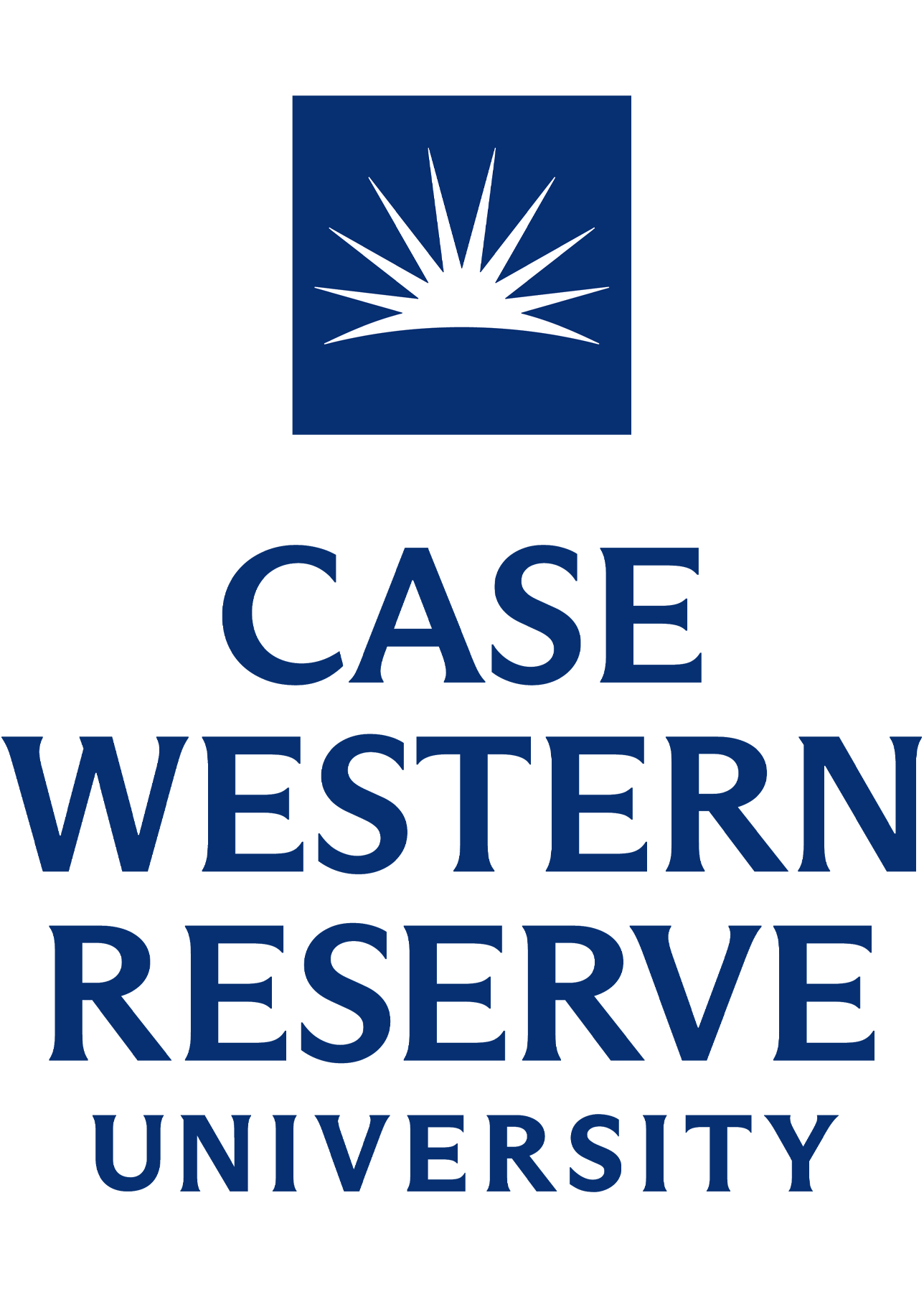Embarking on a master’s in business law journey opens doors to lucrative and complex career opportunities within the legal and business realms. Graduates gain advanced knowledge and skills in areas such as management, finance, marketing, and entrepreneurship. The program equips them to analyze complex business challenges, make strategic decisions, and lead teams effectively. Career opportunities include roles such as management analyst, with an average salary of $95,290 per year, or financial analyst, with an average salary of $96,220. Additionally, individuals with a master’s in business law may pursue executive-level positions, such as chief financial officer (CFO) or chief executive officer (CEO).
The program takes between one and two years to complete for full-time students. Costs vary depending on whether you attend a public or private institution — they can range anywhere from $9,000 to $40,000+ per year.
Why Trust Us
The Intelligent.com Higher Education Team is dedicated to providing students with independent, equitable school and program rankings and well-researched resources. Our expert-driven articles cover topics related to online colleges and programs, paying for school, and career outlooks. We use data from the U.S. Department of Education’s College Scorecard, the National Center for Education Statistics, and other reputable educational and professional organizations. Our academic advisory team reviews content and verifies accuracy throughout the year for the most current information. Partnerships do not influence rankings or editorial decisions.
- Analyzed over 2,000 national, accredited, and nonprofit colleges and universities
- 800+ rankings pages are reviewed and updated yearly
- Content is informed by reputable sources, surveys, and interviews with academic advisors and other experts
- Over 100 data points are reviewed for accuracy and quality throughout the year, including sources
How we rank schools
Our list features the best Business Law degree programs at top colleges nationwide. Each school featured is a nonprofit, accredited institution — either public or private — with a high standard of academic quality for post-secondary institutions.
We evaluated each school’s program on tuition costs, admission, retention and graduation rates, faculty, reputation, and the student resources provided for online students. We collected data from trusted sources like the National Center for Education Statistics, individual school and program websites, school admissions counselors, and other data sources. Then, we calculated the Intelligent Score on a scale of 0 to 100 based on the following criterion:
Academic Quality:
- Admission rate versus enrollment rate
- Retention rate of students who return after year one
- Accreditation status (regional and programmatic)
- Nonprofit status, both private and public institutions
Graduation Rate
- Overall graduation rate
- Total number of currently enrolled students, including diversity metrics
- Student-to-faculty ratio
Cost and ROI
- In-state and out-of-state per-credit tuition rates and fees
- Required credits to graduate
- Earning potential after graduation
- Availability of federal student loans, scholarships, and other financial aid options
Student Resources
- Available student services for online-only and hybrid programs
- On-campus amenities like tutoring centers and the number of libraries
Read more about our ranking methodology.
Best 9 Accredited Master’s in Business Law Programs
FiltersInstitution Type
Status
- Intelligent Score
- Alphabetically By University Name
- Acceptance Rate
- Enrollment
- In-state Graduate Tuition
- Out-of-state Graduate Tuition
- In-state Undergraduate Tuition
- Out-of-state Undergraduate Tuition

George Washington University
Intelligent Score: 99.21In-state: $55,961
Out-of-state: $55,961
In-state: $31,770
Out-of-state: $31,770
SAT: 1270-1450
ACT: 30-33
$2,450
On-Campus
American Bar Association
24

Loyola Marymount University
Intelligent Score: 97.23In-state: $51,820
Out-of-state: $51,820
In-state: $19,460
Out-of-state: $19,460
SAT: 1210-1390
ACT: 27-31
$2,130
On-Campus
American Bar Association
24

Georgetown University
Intelligent Score: 96.27In-state: $57,384
Out-of-state: $57,384
In-state: $53,136
Out-of-state: $53,136
SAT: 1380-1550
ACT: 31-35
$3,268
On-Campus
American Bar Association
24

Vanderbilt University
Intelligent Score: 94.33In-state: $52,781
Out-of-state: $52,781
In-state: $50,082
Out-of-state: $50,082
SAT: 1470-1570
ACT: 33-35
$2,333 - $2,592
On-Campus
American Bar Association
27-30

University of San Diego
Intelligent Score: 93.83In-state: $52,120
Out-of-state: $52,120
In-state: $27,936
Out-of-state: $27,936
SAT: N/A
ACT: N/A
$2,065
On-Campus
American Bar Association
24-25

University of Arizona
Intelligent Score: 93.65In-state: $10,990
Out-of-state: $33,273
In-state: $11,938
Out-of-state: $11,938
SAT: 1090-1350
ACT: 21-29
$1,083
On-Campus, Online
American Bar Association
24

University of Washington
Intelligent Score: 93.33In-state: $10,629
Out-of-state: $37,998
In-state: $16,278
Out-of-state: $16,278
SAT: 1200-1453
ACT: 27-33
Resident: $750
Non-Resident: $1,186
On-Campus
American Bar Association
40

Loyola University Chicago
Intelligent Score: 92.48In-state: $67,818
Out-of-state: $67,818
In-state: $97,480
Out-of-state: $97,480
SAT: 1190-1370
ACT: 27-32
$1,615
On-Campus
American Bar Association
24

Case Western Reserve University
Intelligent Score: 91.39In-state: $52,448
Out-of-state: $52,448
In-state: $47,920
Out-of-state: $47,920
SAT: 1340-1520
ACT: 31-34
$2,535
On-Campus
American Bar Association
24
How to Choose a Master’s in Business Law Program
Choose your area of study
Choosing an area of study for a master’s in business law involves aligning personal interests and career goals. Consider concentrations like corporate law, international business law, or intellectual property law. Reflect on your passion within the legal and business domains, whether it’s negotiating international contracts, navigating corporate governance, or safeguarding intellectual property. Research each specialization’s curriculum, faculty expertise, and industry relevance. Evaluate the demand for legal expertise in specific sectors. By selecting an area of study that resonates with your professional aspirations, you tailor your master’s in business law experience, positioning yourself for success in a niche aligned with your skills and interests.
Research schools and programs
When researching master’s in business law programs, thoroughly assess the accreditation and reputation of potential institutions. Avoid non-accredited institutions, which have not been evaluated by independent accrediting agencies. Examine faculty credentials, program specializations, and industry connections. Utilize reliable ranking sources to gauge program excellence. Consider class sizes, internship opportunities, and available resources. Connect with current students or alumni for insights into their experiences. Scrutinize admission requirements, including standardized test expectations. Investigate any unique features such as workshops, industry partnerships, or guest lectures. By conducting comprehensive research, prospective students can make informed decisions, ensuring their selected program aligns with their career goals and provides a robust educational foundation in business law.
Prepare for tests and applications
Prepare for a master’s in business law program by excelling in required standardized tests such as the LSAT or GRE. Craft a compelling personal statement detailing your legal and business aspirations. Secure strong letters of recommendation highlighting your academic and professional capabilities. Familiarize yourself with specific admission requirements for each program and ensure timely submission of necessary documents. Tailor your application materials to each institution, showcasing your alignment with their program. If required, practice for interviews and engage with admissions counselors for insights. Diligent preparation for both tests and applications enhances your chances of securing admission to your desired program.
Select your program
Selecting a master’s in business law program involves aligning career aspirations with program offerings. Evaluate concentrations, faculty expertise, and industry connections. Consider program formats—online or on-campus—based on learning preferences. Investigate internship opportunities, practical experiences, and unique features such as workshops or industry collaborations. Assess factors like class sizes, alumni networks, and the program’s overall reputation. Ensure the curriculum resonates with professional goals, allowing specialization in areas like corporate law, international business law, or intellectual property law.
Determine how you’ll pay for your degree
Determine how to fund your master’s in business law by creating a comprehensive financial plan. Begin your plan by filling out the Free Application for Federal Student Aid (FAFSA). Explore scholarships, grants, and assistantships offered by the institution. Assess tuition costs and consider additional expenses such as legal databases or specialized textbooks. Engage with financial aid offices for guidance on available funding options, including federal or private student loans. Evaluate potential part-time work or internships to supplement income. By thoroughly examining funding options, prospective students can make informed decisions to support their master’s in business law journey without compromising financial stability.
What Can You Expect From a Master’s Degree in Business Law Program
A prospective student entering a master’s in business law program can expect a comprehensive curriculum covering legal principles intertwined with business strategy. Courses delve into corporate governance, contract law, international trade, and regulatory compliance. The program hones analytical and problem-solving skills essential for legal roles in the corporate world.
The duration typically spans one to two years of full-time enrollment, and flexibility may be offered through online options. Some programs may include internships, capstone projects, or thesis requirements. Prospective students should also consider any residencies or in-person components, as these experiences can enhance practical understanding and networking opportunities.
Potential courses you’ll take in a master’s degree in business law program
- Corporate Governance and Ethics: Exploring the legal framework governing corporate conduct, this course addresses ethical considerations in business decisions. Students analyze case studies and regulatory guidelines, preparing them for roles in corporate legal departments.
- International Trade Law: Focused on the complexities of global commerce, this course covers international trade agreements, dispute resolution mechanisms, and regulatory compliance. Students gain insights into the legal aspects of cross-border transactions.
- Intellectual Property Law and Innovation: Examining the legal protection of intellectual assets, this course delves into patent, copyright, and trademark laws. Students explore the intersection of law and innovation, which is crucial for roles in technology or creative industries.
- Financial Regulation and Compliance: Addressing the intricate regulatory landscape of financial markets, this course explores compliance requirements, risk management, and enforcement. Students learn to navigate the legal challenges within financial institutions.
- Mergers and Acquisitions Law: Covering the legal intricacies of corporate mergers and acquisitions, this course analyzes negotiation strategies, due diligence processes, and regulatory considerations. Students gain practical insights into facilitating complex business transactions.
Master’s in Business Law Degree Frequently Asked Questions
How do I apply to a master's in business law degree program?
To apply for a master’s in business law program, thoroughly research admission requirements for each institution. Prepare for and excel in standardized tests such as the LSAT or GRE. Craft a compelling personal statement outlining your legal and business goals. Secure strong letters of recommendation from academic or professional contacts. Familiarize yourself with specific application deadlines and submit all necessary documents, including transcripts and a detailed resume. Tailor your application materials to each institution, emphasizing your alignment with their program. If required, prepare for interviews and engage with admissions counselors for insights. Diligently following application guidelines enhances your chances of securing admission to a master’s in business law program.
How much does a master's in business law degree cost?
According to the National Center for Education Statistics (NCES), the cost of a master’s in business law varies. Public institutions typically range from $9,000 to $14,000 annually, while private nonprofit institutions tend to cost between $14,000 to $42,000. These figures encompass tuition and required fees. However, additional expenses like textbooks, legal databases, and residency fees are not included. Prospective students should consult specific institutions for precise cost details, as these figures serve as general averages and may vary based on factors such as residency status and program specifics.
How long does it take to earn a master's in business law degree?
The duration of time it takes to earn a master’s in business law is typically one to two years for full-time enrollment. However, this timeline can vary based on program formats, with online options providing flexibility and part-time enrollment potentially extending completion timelines. Some programs may include internships, capstone projects, or thesis requirements, increasing the overall length. Additionally, the intensity of the curriculum and individual pacing can impact completion times. Prospective students should consider these factors when evaluating the time commitment required for a master’s in business law program.

